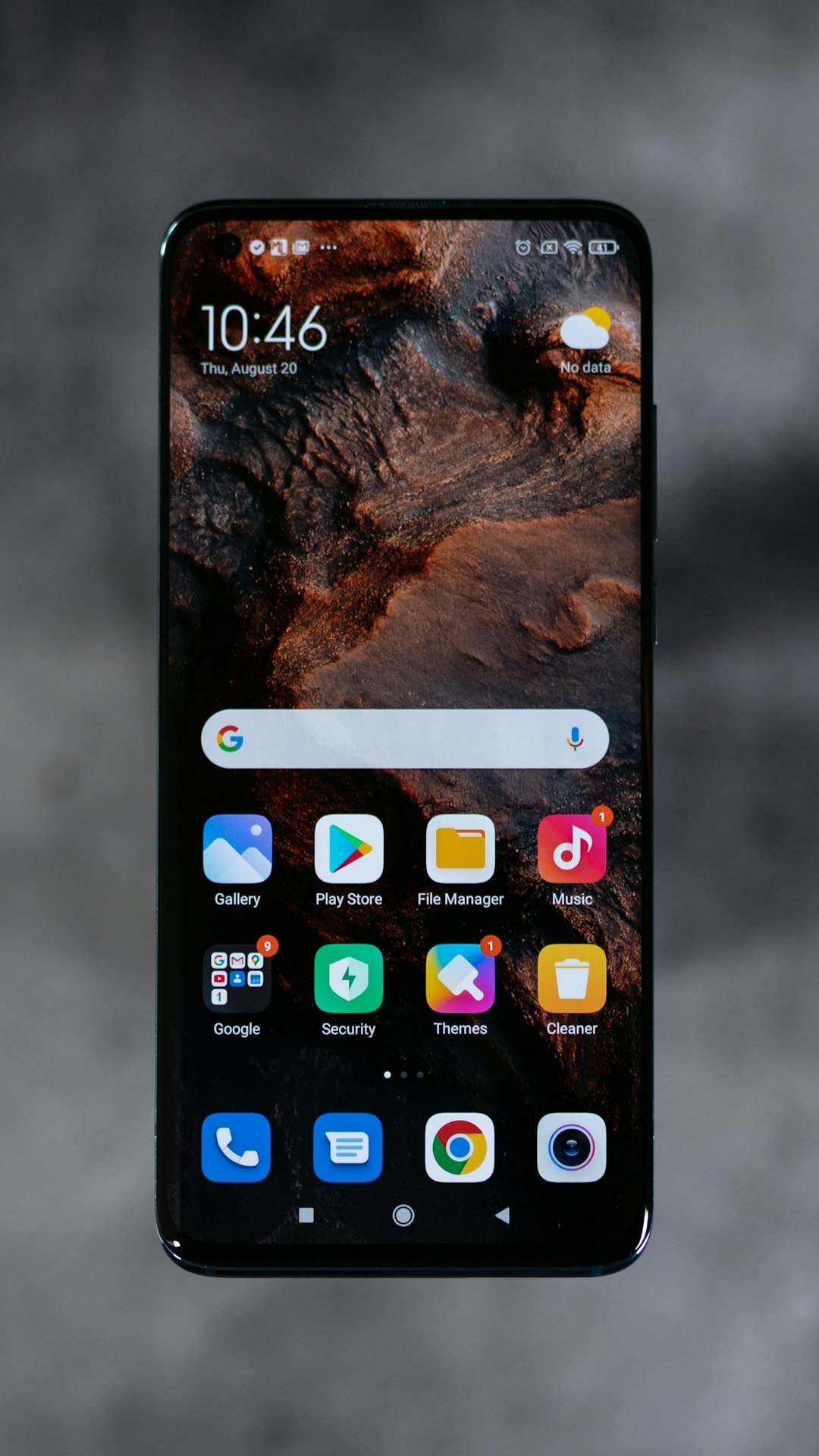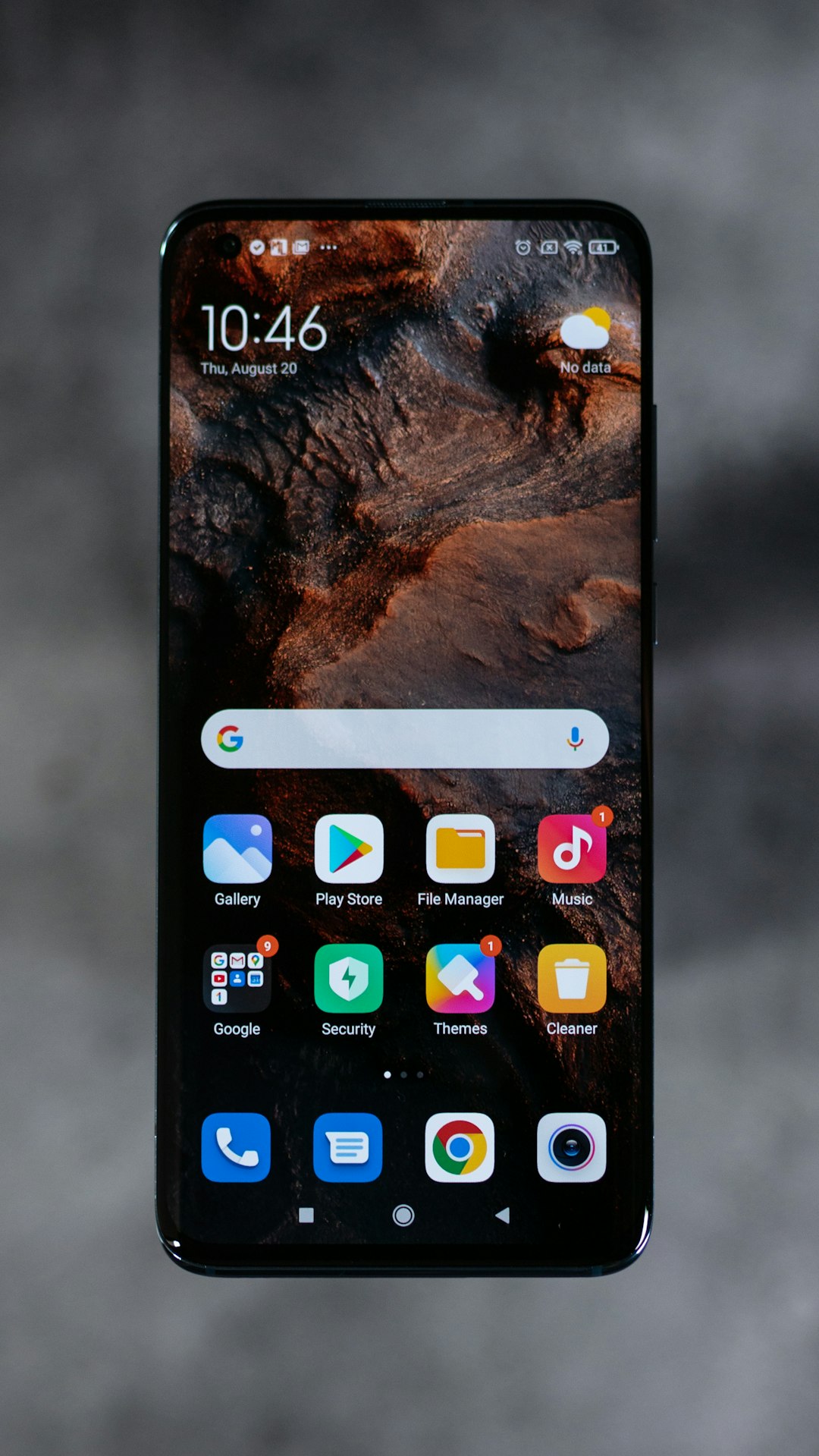Minnesota's strict Do Not Call Laws protect residents from telemarketing fraud by restricting unwanted calls and providing legal protections. Individuals can register their numbers on a state-wide list, file complaints with the Attorney General's Office for violations, and seek compensation for financial losses or emotional distress. These laws offer robust defense against fraudulent activities through investigations, penalties, civil lawsuits, criminal charges, and asset seizures. Public education campaigns further safeguard residents by teaching them to recognize and report scams.
In Minnesota, victims of telemarketing fraud have legal recourse under robust Do Not Call Laws. These regulations aim to protect residents from unwanted sales calls, yet they also equip victims with rights and remedies when fraud occurs. This article explores Minnesota’s Do Not Call Laws in depth, delving into the rights available to victims, legal actions against fraudulent marketers, potential compensation, and strategies for prevention. By understanding these protections, residents can navigate telemarketing fraud more confidently.
Understanding Minnesota's Do Not Call Laws

In Minnesota, consumers are protected by strict Do Not Call laws designed to prevent telemarketing fraud and protect victims from unwanted sales calls. The Minnesota Attorney General’s Office enforces these regulations, which allow residents to register their phone numbers on a state-wide “do not call” list. By registering, individuals can significantly reduce the number of unsolicited sales or promotional calls they receive. This measure is a powerful tool for consumers to reclaim control over their privacy and avoid potential fraud.
Understanding these laws is crucial for victims of telemarketing fraud who wish to take legal action. The Do Not Call Laws Minnesota not only restrict direct marketing calls but also provide a framework for reporting violations. Consumers can file complaints with the Attorney General’s Office if they believe their rights have been infringed upon, which can lead to investigations and penalties for offending companies or individuals.
Rights of Telemarketing Fraud Victims

Victims of telemarketing fraud in Minnesota have specific rights and protections under state laws, particularly the Do Not Call Laws. These laws are designed to empower consumers by restricting unwanted telemarketing calls and providing legal avenues for relief when such calls persist or violate personal privacy.
Under Minnesota’s Do Not Call Laws, individuals can register their phone numbers on the state’s Do Not Call list, which prohibits telemarketers from making unsolicited calls to registered numbers. If a victim feels they’ve been targeted fraudulently, they can file a complaint with the Minnesota Attorney General’s Office. This enables them to seek compensation for any financial losses or emotional distress suffered due to the fraudulent calls.
Legal Actions Against Fraudulent Marketers

Victims of telemarketing fraud in Minnesota have several legal avenues available to seek justice and compensation. One powerful tool is the state’s Do Not Call Laws, designed to protect residents from unwanted sales calls. If a telemarketer violates these laws, individuals can file a complaint with the Minnesota Attorney General’s Office, which has the authority to investigate and take legal action against fraudulent marketers.
This may include filing lawsuits for damages, seeking injunctions to stop the illegal practices, or even criminal charges in cases of severe fraud. The state’s consumer protection laws also empower victims to request court orders to seize assets from the perpetrators, ensuring that they cannot profit from their deceptive activities. These legal actions not only provide financial restitution to victims but also serve as a deterrent to potential telemarketers engaging in similar fraudulent behavior.
Compensation and Damages for Victims

Victims of telemarketing fraud in Minnesota may be eligible for compensation and damages under state laws designed to protect consumers from unwanted calls. The Minnesota Do Not Call Laws provide a robust framework for those affected by fraudulent telemarketing practices. These laws allow victims to seek both monetary and non-monetary relief, including actual damages incurred due to the fraud, such as financial losses or emotional distress.
Additionally, victims can file lawsuits against the perpetrators, seeking punitive damages to deter future illegal activities. The state’s consumer protection statutes further empower individuals to request injunctions to stop the fraudulent calls, ensuring a measure of peace and security for those affected by these deceptive practices.
Preventing Future Fraud: Enforcement and Education

Preventing future fraud involves a two-pronged approach: strong enforcement and public education. Minnesota’s Do Not Call Laws play a pivotal role in curbing telemarketing scams by allowing residents to register their phone numbers on the state’s official “Do Not Call” list. This list restricts unwanted calls from commercial entities, offering much-needed relief to victims of fraud.
Moreover, educational campaigns focused on public awareness are instrumental in empowering citizens to recognize fraudulent schemes. Teaching individuals about common telemarketing fraud tactics, such as pressuring for immediate decisions or demanding personal information over the phone, enables them to hang up and report suspicious calls. By combining stringent enforcement measures with comprehensive education, Minnesota can create a more resistant environment against telemarketing fraud, protecting its residents from future scams.






